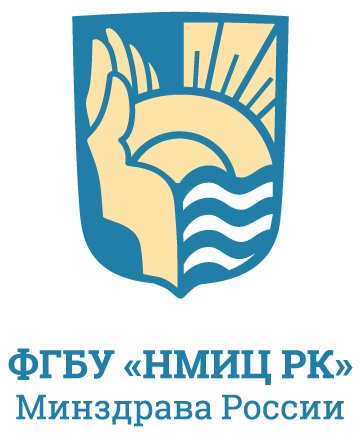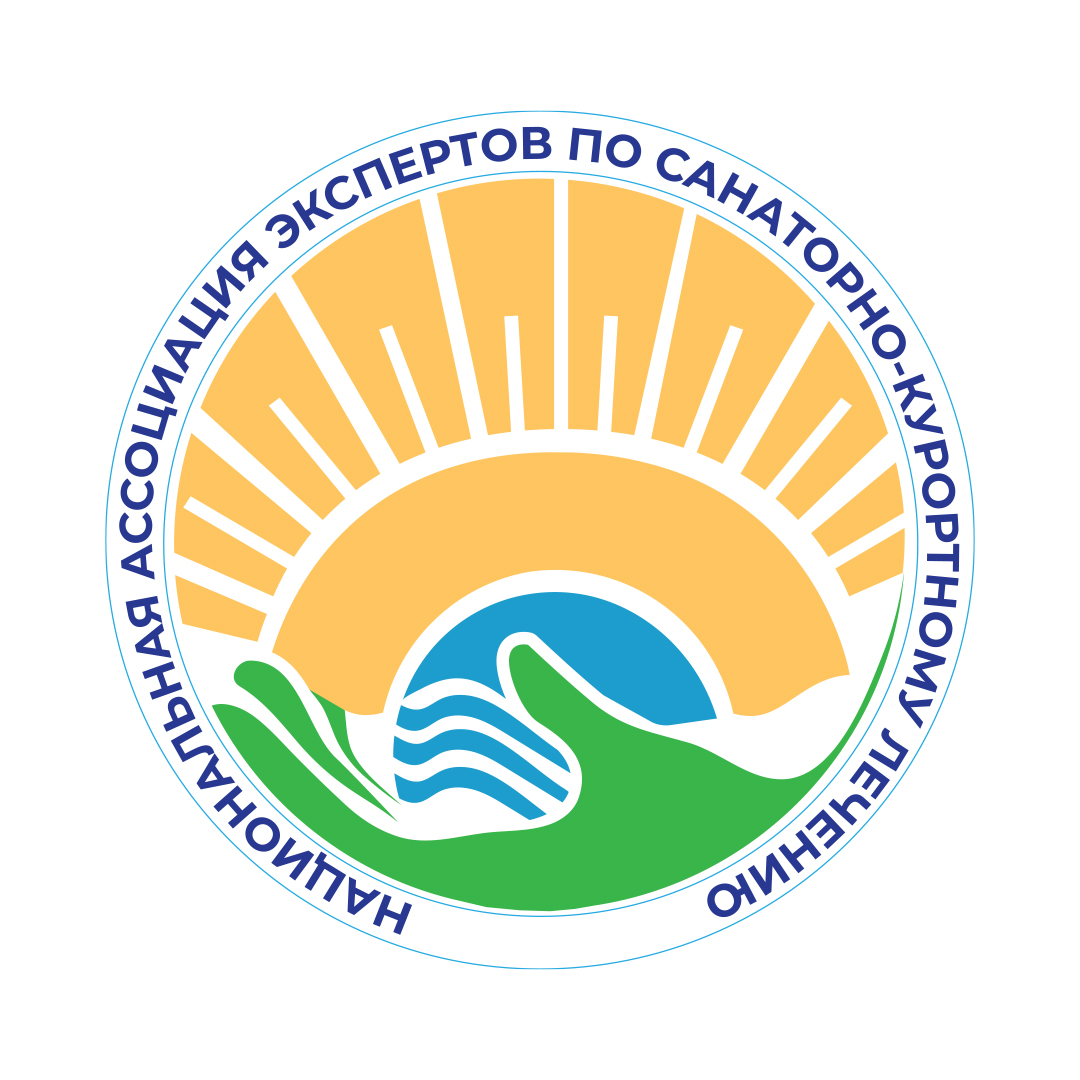Issue 24-3, 2025
Analysis of the Results of a Questionnaire Survey of Doctors and Clinical Psychologists on Somatovegetative Symptoms of Stress
Анализ результатов анкетного опроса врачей и клинических психологов по соматовегетативным симптомам стресса
![]() Anna A. Kuzyukova*,
Anna A. Kuzyukova*,
![]() Natalia A. Levchenko,
Natalia A. Levchenko,
![]() Larisa A. Marchenkova
Larisa A. Marchenkova
National Medical Research Center for Rehabilitation and Balneology, Moscow, Russia
ABSTRACT
INTRODUCTION. The high prevalence of stress conditions among the Russian population contributes to the development of a large number of psychosomatic disorders associated with them, which cause frequent referral of these functional conditions to somatic medical institutions, along with the difficulty of timely diagnosis, which keeps the search and development of diagnostic algorithms aimed at their verification relevant. The National Medical Research Center for Rehabilitation and Balneology is working on the creation of a questionnaire “Comprehensive assessment of the physiological symptoms of stress”, in which a preliminary survey of specialists was conducted.
AIM. Collecting information on somatovegetative symptoms of stress from senior medical staff directly caring for patients.
MATERIALS AND METHODS. According to a pre-developed questionnaire, which includes 12 dysfunctional blocks related to various systems and functions of the body, 160 doctors and medical psychologists were interviewed, who were asked to describe patients’ complaints of disorders of various organs, systems and/or functions, having a functional, stress-related character, which they observed in their practice. Descriptive statistics methods were used to process the results.
RESULTS AND DISCUSSION. The analysis of the survey results allowed us to identify 47 dysfunctional symptoms from various organs and body systems that were not yet present in any of the existing blank forms of scales and questionnaires for stress diagnosis. They formed the basis of the questionnaire being developed, but turned out to be non-specific: they could not only be somatovegetative manifestations of stress conditions, but also be the cause of other diseases.
CONCLUSION. The survey made it possible to identify a wide range of psychovegetative symptoms. Due to their non-specificity, when developing a new questionnaire, it is necessary to add additional clarifying characteristics that make it possible to accurately determine their stress-related nature. Modern digital technologies make it possible to create algorithms that include a large amount of clarifying data, and, at the same time, select only the information necessary for a particular case during diagnostics, saving time. It is expected that the creation of a new questionnaire in a modern digital format will make it possible to optimize the diagnosis of psychosomatic pathology.
KEYWORDS: stress, stress diagnosis, somatoform disorders, psychosomatic disorders, somatovegetative dysfunction, questionnaire on stress symptoms
FOR CITATION:
Kuzyukova A.A., Levchenko N.A., Marchenkova L.A. Analysis of the results of a questionnaire survey of doctors and clinical psychologists on somatovegetative symptoms of stress Bulletin of Rehabilitation Medicine. 2025; 24(3):77–93. https://doi.org/10.38025/2078-1962-2025-24-3-77-93 (In Russ.).
FOR CORRESPONDENCE:
Anna A. Kuzyukova, Е-mail: kuzyukovaaa@nmicrk.ru, anna_kuzyukova@mail.ru
References:
-
Драпкина О.М., Гоманова Л.И., Баланова Ю.А. и др. Распространенность психоэмоционального стресса среди российской популяции и его ассоциации с социально-демографическими показателями. Данные исследования ЭССЕ-РФ3. Кардиоваскулярная терапия и профилактика. 2023; 22(8S): 3795. [Drapkina O.M., Gomanova L.I., Balanova Yu.A., et al. Prevalence of psychological stress among the Russian population and its association with socio-demographic characteristics. Data from the ESSE-RF3 study. Cardiovascular Therapy and Prevention. 2023; 22(8S): 3795. https://doi.org/10.15829/1728-8800-2023-3795 https://doi.org/10.15829/1728-8800-2023-3795 (In Russ.).]
-
Всероссийский центр изучения общественного мнения (ВЦИОМ). Управление стрессом. Доступно на: https://wciom.ru/analytical-reviews/analiticheskii-obzor/upravlenie-stressom (Дата обращения: 20.12.2024). [Russian Public Opinion Research Center (JSC “VCIOM”). Stress Management. Available at: https://wciom.ru/analytical-reviews/analiticheskii-obzor/upravlenie-stressom (Accessed 20.12.2024) (In Russ.).]
-
Одарущенко О.И., Ансокова М.А., Марченкова Л.А. и др. Комплексное применение аудиовизуальной стимуляции и когнитивно-поведенческой психотерапии в реабилитации пациентов с синдромом постковидных нарушений: проспективное рандомизированное исследование. Вестник восстановительной медицины. 2023; 22(4): 96–104. [Odarushchenko O.I., Ansokova M.A., Marchenkova L.A., et al. Audiovisual Stimulation and Cognitive Behavioral Psychotherapy Complex Application in the Rehabilitation of Patients with Long COVID: a Prospective Randomized Study. Bulletin of Rehabilitation Medicine. 2023; 22(4): 96–104. https://doi.org/10.38025/2078-1962-2023-22-4-96-104 https://doi.org/10.38025/2078-1962-2023-22-4-96-104 (In Russ.).]
-
Добрин А.В., Ельникова О.Е., Колосова И.Г. Особенности сенсомоторного реагирования студентов с различным типом отношения к болезни: поперечное исследование. Вестник восстановительной медицины. 2024; 23(3): 21–31. [Dobrin A.V., Elnikova O.E., Kolosova I.G. Features of Sensorimotor Response of Students with Different Types of Attitude to the Disease: a Cross- Sectional Study. Bulletin of Rehabilitation Medicine. 2024; 23(3): 21–31. https://doi.org/10.38025/2078-1962-2024-23-3-21-31 https://doi.org/10.38025/2078-1962-2024-23-3-21-31 (In Russ.).]
-
Хохлова О.И., Васильченко Е.М., Верш В.А., Денисова Я.А. Стратегии совладания со стрессом и выгорание у медицинских и социальных работников, оказывающих услуги маломобильным гражданам. Вестник восстановительной медицины. 2023; 22(6): 67–77. [Khokhlova O.I., Vasilchenko E.M., Versh V.A., Denisova Ya.A. Coping Strategies and Burnout Among Medical and Social Workers Providing Services to People with Limited Mobility. Bulletin of Rehabilitation Medicine. 2023; 22(6): 67–77. https://doi.org/10.38025/2078-1962-2023-22-6-67-77 https://doi.org/10.38025/2078-1962-2023-22-6-67-77 (In Russ.).]
-
Есин Р.Г., Есин О.Р., Хакимова А.Р. Стресс-индуцированные расстройства. Журнал неврологии и психиатрии им. С.С. Корсакова. 2020; 120(5): 131–137. [Esin R.G., Esin O.R., Khakimova A.R. Stress-induced disorders. S.S. Korsakov Journal of Neurology and Psychiatry. 2020; 120(5): 131–137. https://doi.org/10.17116/jnevro2020120051131 https://doi.org/10.17116/jnevro2020120051131 (In Russ.).]
-
Вербенко В.А., Двирский А.А., Солдатенко А.А. Психосоматические особенности тревожных и депрессивных расстройств. Врач. 2025; 36(2): 5–12. [Verbenko V.A., Dvirsky A.A., Soldatenko A.A. Psychosomatic features of anxiety and depressive disorders. Vrach (The Doctor).2025; 36(2): 5–12. https://doi.org/10.29296/25877305-2025-02-01 https://doi.org/10.29296/25877305-2025-02-01 (In Russ.).]
-
Толоконин А.О. Модели патогенеза психосоматических расстройств и концепция психосоматического сценария. Медицинский вестник Юга России. 2023;14(2): 61–66. [Tolokonin A.O. Models of pathogenesis of psychosomatic disorders and the concept of psychosomatic scenario. Medical Herald of the South of Russia. 2023; 14(2): 61–66. https://doi.org/10.21886/2219-8075-2023-14-2-61-66 https://doi.org/10.21886/2219-8075-2023-14-2-61-66 (In Russ.).]
-
Cao J., Ding L. Psychosomatic Practice in Gastroenterology: New Insights and Models from China. Psychother Psychosom. 2019; 88(6): 321–326. https://doi.org/10.1159/000502780
-
Desai K.M., Kale A.D., Shah P.U., Rana S. Psychosomatic Disorders: A Clinical Perspective and Proposed Classification System. Arch Iran Med. 2018; 21 (1):44–45.
-
Смулевич А.Б., Яхно Н.Н., Терлуин Б. и др. Четырехмерный опросник для оценки дистресса, депрессии, тревоги и соматизации (4ДДТС) при вегетативных психосоматических расстройствах пограничного уровня. Журнал неврологии и психиатрии им. С.С. Корсакова. 2014; 114(11):67–73. [Smulevich A.B., Iakhno N.N., Terluin B., et al. The Four-Dimensional Symptom Questionnaire (4DSQ) to Assess Distress, Depression, Anxiety and Somatization in Autonomic and Borderline Psychosomatic Disorders. S.S. Korsakov Journal of Neurology and Psychiatry. 2014; 114(11): 67–73 (In Russ.).]
-
Strain J.J. Globalization of psychosomatic medicine. Gen Hosp Psychiatry. 2017; 48: 62–64. https://doi.org/10.1016/j.genhosppsych.2017.07.003
-
Wei J., Zhang L., Zhao X., Fritzsche K. Current Trends of Psychosomatic Medicine in China. Psychother Psychosom. 2016; 85 (6): 388–390. https://doi.org/10.1159/000447780
-
Кузюкова А.А., Пехова Я.Г., Одарущенко О.И. и др. Актуальные опросники для оценки стрессовых состояний и их применение в медицине: обзор. Вестник восстановительной медицины. 2025; 24(2): 71–85. [Kuzyukova A.A., Pekhova Ya.G., Odarushenko O.I, et al. Current Questionnaires for Assessing Stress Conditions and Their Application in Medicine: a Review. Bulletin of Rehabilitation Medicine. 2025; 24(2): 71–85. https://doi.org/10.38025/2078-1962-2025-24-2-71-85 https://doi.org/10.38025/2078-1962-2025-24-2-71-85 (In Russ.).]

The content is available under the Creative Commons Attribution 4.0 License.
©
This is an open article under the CC BY 4.0 license. Published by the National Medical Research Center for Rehabilitation and Balneology.




